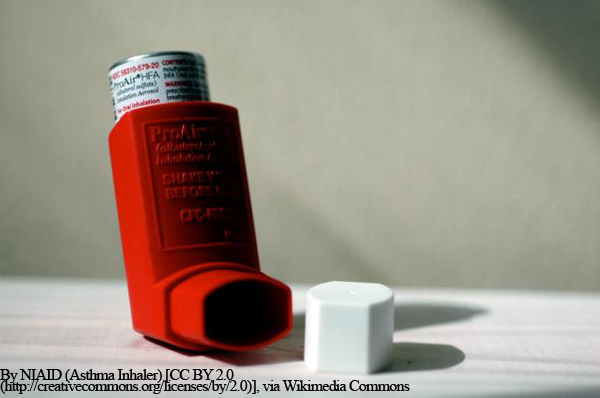The US Food and Drug Administration (FDA) has approved AstraZeneca’s Symbicort (budesonide/formoterol fumarate dihydrate) for control of asthma in pediatric patients aged six to 12. The drug is already approved for use in patients over the age of 12 for the treatment of asthma as well as chronic obstructive pulmonary disease (COPD).
Clinical trials conducted as part of AstraZeneca’s Childhood Asthma Safety and Efficacy (CHASE) program were used to support the expanded indication for Symbicort. In particular, the CHASE 3 Phase III clinical trial found that the drug was able to improve lung function in pediatric patients, when delivered via a pressurized metered-dose inhaler (pMDI).
These patients enrolled in the clinical trial were previously symptomatic when medicated with low-dose inhaled corticosteroids. AstraZeneca also reported that the safety profile for Symbicort in pediatric patients was similar to that in adults.
“We are pleased to now be able to also offer Symbicort to younger patients in the US, starting at six years of age, helping to control and prevent asthma symptoms,” said Kai Richter, Vice President Respiratory Medical Affairs, AstraZeneca. “Symbicort continues to be a cornerstone of asthma care around the world and it remains a key medicine in our growing respiratory portfolio.”
Symbicort is an inhaled corticosteroid/long-acting beta2-agonist bronchodilator which controls asthma symptoms by reducing inflammation in the lungs and preventing airways from closing. While over 100 countries have approved Symbicort for the regular treatment of asthma, it is not approved for the treatment of acute bronchospasm in the US.
In the US, it is estimated that 6.3 million children 18 years and younger have been diagnosed with asthma. Physical activity can be a common trigger for asthma symptoms, resulting in reduced participation and increased school absences if the condition is left untreated.












Join or login to leave a comment
JOIN LOGIN